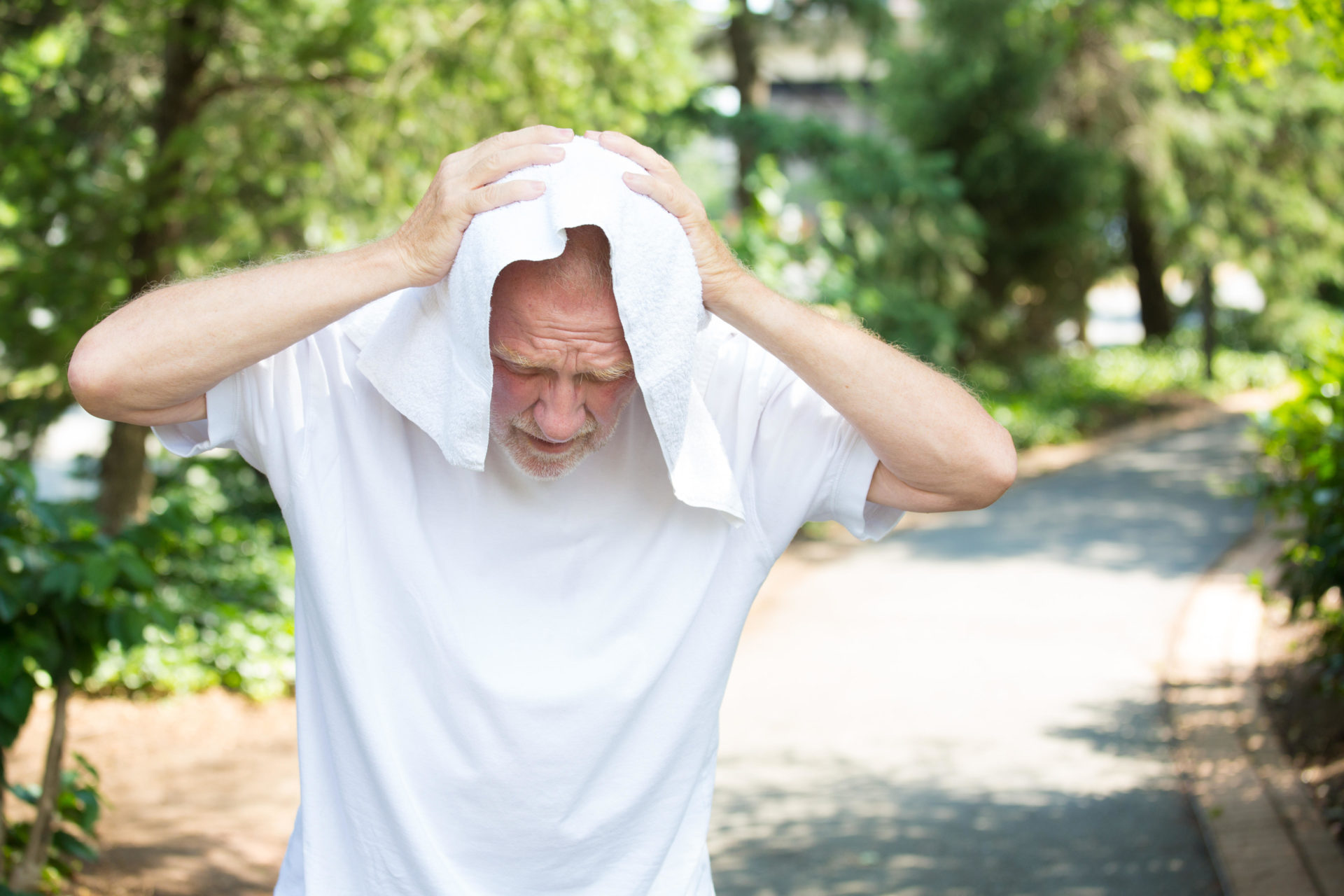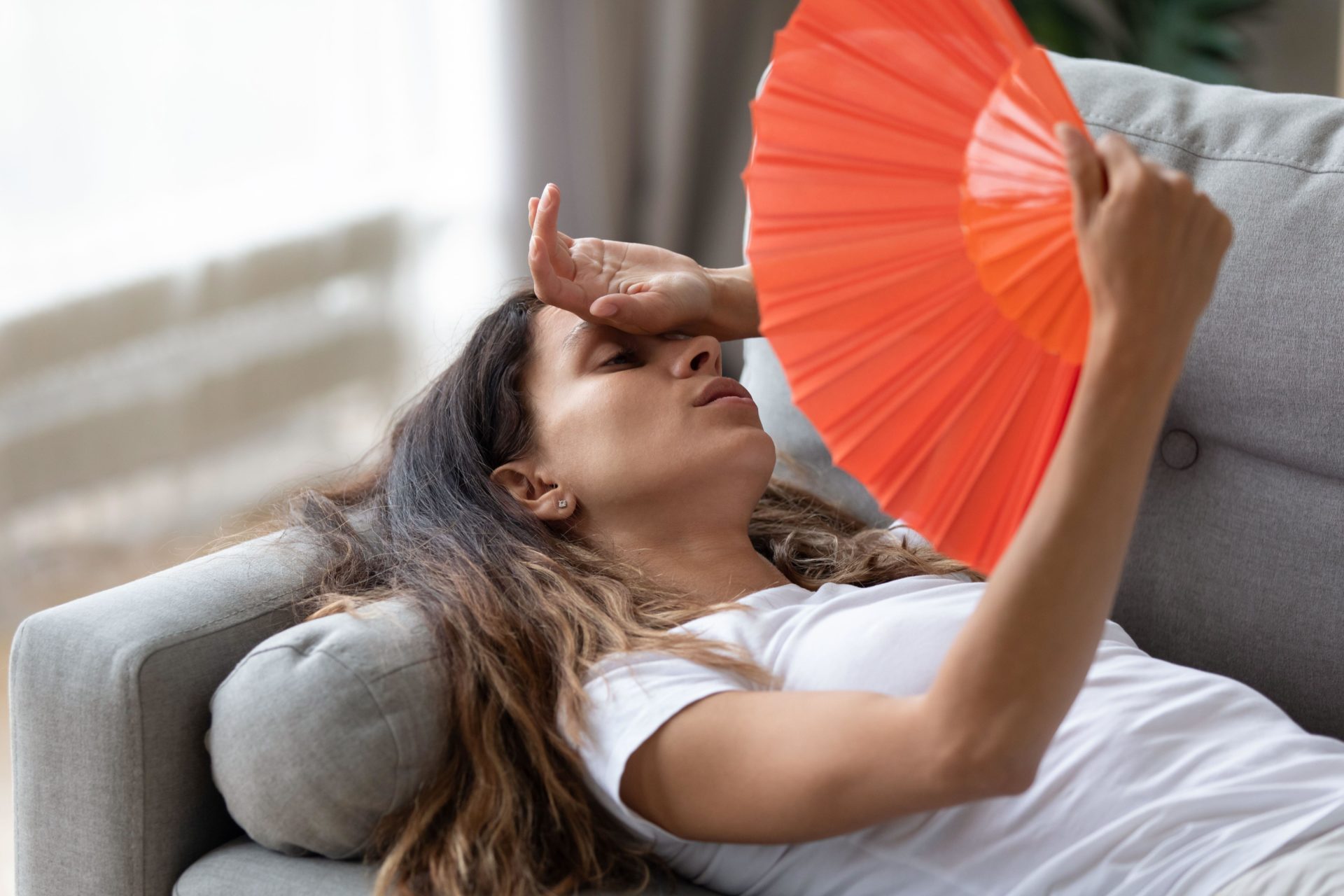If you're set to go somewhere where temperatures might reach 30 degrees, there are certain key signs that your body may be under stress.
On this week’s Show Me the Science, Professor Luke O’Neill said the part of the body that detects temperature is called the hypothalamus.
"If it's very hot, you're going to change the hypothalamus and the main effect that happens is blood rushes up to your skin surface," he said.
"The blood now is at the surface and some of the heat can begin to dissipate."
Heat exhausation
Professor O'Neill said the body then will begin to sweat.
"That's another great example of evolution because if you make sweat, the sweat evaporates and that will keep your body temperature under control," he said.
"The trouble is, this can go out of control during heat exhaustion – your body's fighting against that temperature outside.
"It's pushing the hypothalamus, pushing the blood flow, pushing the sweat out and you can get a thing called heat exhaustion.
"Fatigue is a feature, you might get a headache, you might feel a bit lightheaded, you'll certainly feel thirsty because you're losing fluid through the sweat."
 Old gentleman in white shirt having difficulties with extreme heat ( Ashok Tholpady / Alamy Stock Photo)
Old gentleman in white shirt having difficulties with extreme heat ( Ashok Tholpady / Alamy Stock Photo)When this occurs, Professor O'Neill recommends that within 30 minutes, you go somewhere a bit cooler in the shade.
"Take plenty of fluids, take a rest and then you should be able to sort of restore yourself a bit away from this heat exhaustion," he said.
If symptoms are ignored, this can lead to heatstroke.
"In that situation, your body temperature climbs and climbs and can get as high as 40,41 and 42 degrees," he said.
"The trouble is that harsh situation inside your body begins to damage your organs. It can damage your heart, your kidneys can cause seizures in the brain.
"Sadly then you can die of heatstroke."
 Woman using hand fan (Aleksandr Davydov / Alamy Stock Photo)
Woman using hand fan (Aleksandr Davydov / Alamy Stock Photo)Professor O'Neill said anyone showing signs of heatstroke should immediately call an ambulance.
"It's the things like avoiding exertion, staying hydrated, going in the shade. Get into a cooler environment, especially when the temperature is above 37," he said.
"Your body is fighting that higher temperature outside and inside your body – that's what creates all the problems."
Listen back to this episode of Show Me the Science and more here.









